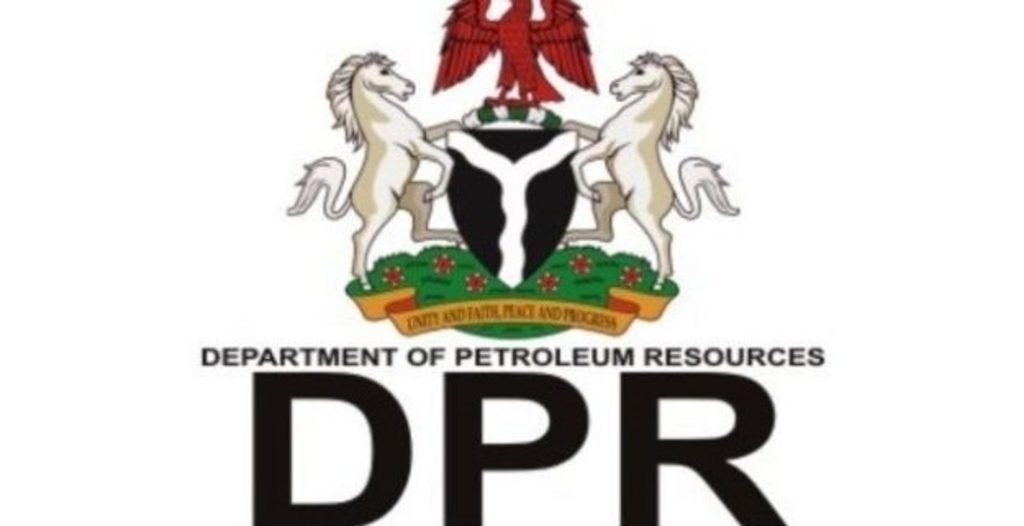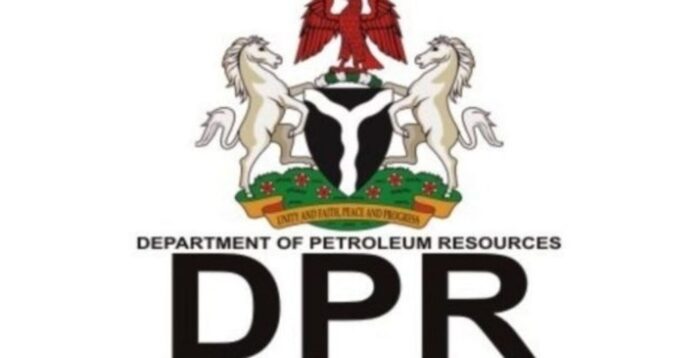Mr Auwal Sarki, the Director, Department of Petroleum Resource (DPR), has urged Nigerians to invest in the downstream oil and gas sector to boost the country’s crude oil production capacity.
He made the remark in Ogbele community, Ahoada East Local Government Area of Rivers, at a meeting with the management of ND Petroleum Resources, a private sector investor in oil and gas in the area.

Sarki said DPR was on an Executive Management facility visit to the privately-owned Nigerian company to ascertain its production, refining and distribution capacity.
Speaking on the sidelines of the visit, Sarki said Nigeria could attain self-sufficiency in gas processing and refining, create wealth and value and strengthen production security.
Sarki, who said that DPR would offer required licences to investors in the oil sector, said it’s interest “is to see money from royalty not from penalty to guarantee business and open opportunity.
“The private sector should invest in this initiative because our observation today has confirmed that this refinery is a masterpiece that has increased production of crude and other essentials. Starting with initial production of 1,000 barrels per day; today, they have clocked 11,000 barrels per day.
“I urge investors to start small and grow gradually, just like what we have seen today in ND Petroleum Resources with practically less than one per cent foreign input. Indeed enormous employment and capacity has been harnessed locally.
“DPR is a business enabler and opportunity provider in the oil and gas sector, and we also ensure that the business is sustained, that’s why we’re calling on Nigerians to come and invest in the oil and gas sector rather than indulge in illegal refineries. Invest with the support of the DPR and you will have no reason to be afraid of business failure,” he said.
According to him, Nigeria currently, has about seven private refineries and 20 processed investors’ licences.
“If a local production company like ND Resources has the capacity of producing, refining and marketing 11,000 barrels per day of petroleum products, then other willing investors can,” Sarki noted.
Dr Layi Fatona, outgoing Managing Director (MD) of ND Petroleum Resources, who received the DPR team, expressed satisfaction over the enormous human resources in the oil and gas sector.
Niger Delta Exploration and Production (NDEP) Plc, a foremost Independent, Integrated Energy Company in Nigeria, has just announced the appointment of Mr. Adegbite Falade as its new MD and Chief Executive Officer.
The company, through its wholly-owned operating companies, Niger Delta Petroleum Resources Ltd (NDPR), ND Gas Ltd and ND Refineries Ltd, owns a range of assets including its flagship asset, the Ogbele Oil and Gas Field, with a fully self-managed Flow Station.
It also owns, the soon-to-be commissioned Refinery with 11,000bbl/d processing capacity, a 100MM Scf/d gas processing plant, and an Operations and management (O&M) venture in South Sudan.
Falade, who joined NDEP with 25 years of impactful and extensive experience across multiple sectors and continents in the energy sector, succeeds the pioneer Managing Director, Dr. Layi Fatona.
Fatona, who was in an interim position, had supported the running of the affairs of the company since October 2019.
He told the visitors that the company, established within a short period of time, had grown its productive capacity from 1,000 barrels to 6,000 and was currently at 11,000 barrels of crude per day (bpd).
According to him, the firm had successfully adopted the standard operational principle guiding the downstream sector, and had successfully adopted global best practices, in addition to ensuring zero gas flaring in its operations.

